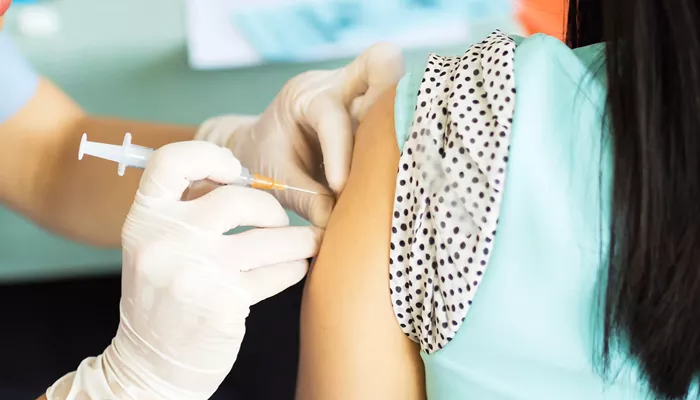Health and Human Services Secretary Robert F. Kennedy Jr. has made major changes to the U.S. vaccine advisory system, which could lead to higher vaccine costs and confusion over insurance coverage.
For many years, the Centers for Disease Control and Prevention’s (CDC) independent advisory panel, called the Advisory Committee on Immunization Practices (ACIP), recommended which vaccines Americans should receive and when.
These recommendations required insurance companies to cover vaccines at no cost to patients under the Affordable Care Act and helped states decide which vaccines children must get for school.
Recently, Kennedy dismissed all 17 members of the ACIP and replaced them with eight new members, including some critics of vaccines. This move has raised concerns among health experts about the future of vaccine guidance and access. Helen Chu, a former panel member and infectious disease expert, warned that replacing an evidence-based system with one driven by one person’s beliefs could destroy trust and create confusion.
Vaccine prices vary widely, and without insurance, some vaccines can cost hundreds of dollars. For example, COVID-19 vaccines can cost nearly $150, the MMR vaccine ranges from $95 to $280, and the HPV vaccine can exceed $300.
Experts worry that changes in vaccine recommendations could lead to a two-tier system where some people can afford vaccines and others cannot.
Before the Affordable Care Act, vaccine coverage depended on the type of insurance a person had. If the new panel changes recommendations or stops recommending certain vaccines, insurance coverage could become uncertain, creating barriers to access.
Candace DeMatteis, a policy director at the Partnership to Fight Infectious Disease, described this as a “seismic shift” away from removing cost barriers to a system filled with uncertainty and potential cost hurdles.
The new ACIP members are scheduled to meet soon to vote on recommendations for COVID-19, meningococcal, HPV, influenza, and RSV vaccines for adults, children, and pregnant women.
However, many health experts question whether the new panel will maintain the same level of scientific rigor and whether free vaccines will remain widely available in time for the fall respiratory season.
Some states have already begun creating their own vaccine advisory groups to provide clear, science-based guidance. For example, Illinois announced it will form its own committee, and Wisconsin’s health department said it will continue recommending COVID-19 vaccines for all eligible people despite recent federal guidance changes.
Major medical organizations, including the Infectious Diseases Society of America, the American Medical Association, and the American Academy of Pediatrics, are urging insurance companies to keep covering vaccines even if federal recommendations change.
A new initiative called the Vaccine Integrity Project is also working to ensure continued vaccine access through alternative processes.
Federal law links insurance coverage to ACIP recommendations, so changes to the panel could lead to a patchwork of state policies and inconsistent vaccine access across the country.
Experts hope that insurers will recognize vaccines as safe and effective tools to protect public health and continue coverage despite the turmoil.
In summary, the overhaul of the vaccine advisory panel by Robert F. Kennedy Jr. threatens to disrupt long-standing vaccine policies, potentially making vaccines more expensive and less accessible for many Americans.
Read more:
- New Daily Pill Shows Promise in Lowering Cholesterol and Heart Risk
- New Study Adds Blackberries and Potatoes to High-Pesticide Produce List
- How to Choose Between Meters and CGMs for Diabetes Care


